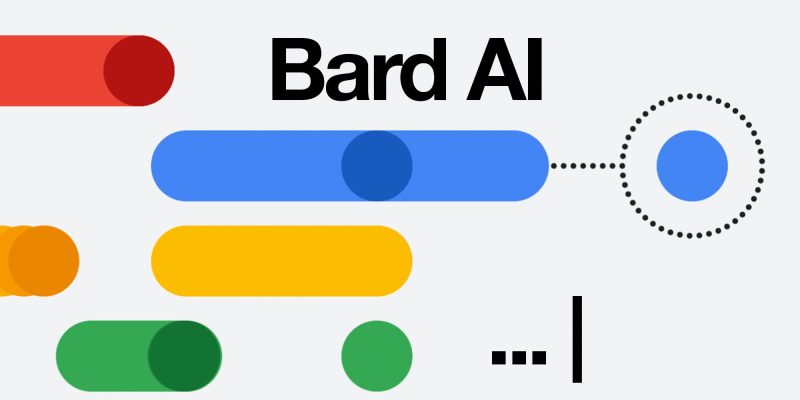Google today announced the expansion of Bard, its conversational AI service, to 40 new languages including Swahili. This is the first African language to be included and 59 new countries and territories. The expansion includes new features that allow users to better customize their experience.
Google Bard launches in Swahili – First African Language
With the expansion, Bard is now available in most of the world. This is including countries in the European Union (EU), and in the most widely spoken languages. including Swahili, Chinese, German, Spanish, Arabic, Hindi, and Spanish. Users can now access Bard in their language with text-to-speech also available in 8 languages.
“This is Bard’s largest expansion to date – we see its global availability as a great democratizer of knowledge,” said Dorothy Ooko, Head of Communications and Public Affairs, SSA, Google. “That’s why we have Bard: to help you explore that curiosity and augment your imagination. You will also ultimately get your ideas off the ground — not just by answering your questions, but by helping you build on them. ”
According to UNESCO, Swahili is among the 10 most popular spoken languages in the world. (With more than 200 million speakers.) The inclusion of more languages and territories will also help to make Bard more inclusive and safe.
“The launch of Bard in Swahili is a major milestone as it allows Bard to reach even more people in Africa, where approximately 150 million people speak Swahili. This makes Bard more accessible to everyone in the region. We believe that it has the potential to be a powerful tool for creativity and learning. We are happy to see how people in the region use Bard to explore their ideas and discover new things,” said Rachael Ndichu, Language Manager at Google.
New Bard Features
As part of the expansion, the new updates launched include:
- listen to responses which are available in over 40 languages. It allows users to listen to Bard’s responses once they select the sound icon. This is especially helpful if they want to hear the correct pronunciation of a word or listen to a poem or script.
- You can also now adjust Bard’s responses by changing the tone and style of its responses to five different options. Simple, long, short, professional or casual. This feature is live in English and will expand to new languages soon.
- As a user, you can now pin and rename their conversations with Bard. This makes it easier to revisit conversations that contain important information or ideas later.
- Through the export code to more places feature, users can now export Python code to Replit, in addition to Google Colab
- Users will also be able to share responses with friends using shareable links, making it easier to collaborate on projects or get feedback on ideas.
- Also launched is the feature allowing users to upload images with prompts to Bard.






Bard has been getting better at understanding Incredibox Sprunki and generating text in multiple languages, including Swahili, and can be used for a wide range of applications, from casual conversations to more complex tasks.
Your help is greatly appreciated. Thank you so much! Play game block blast free.